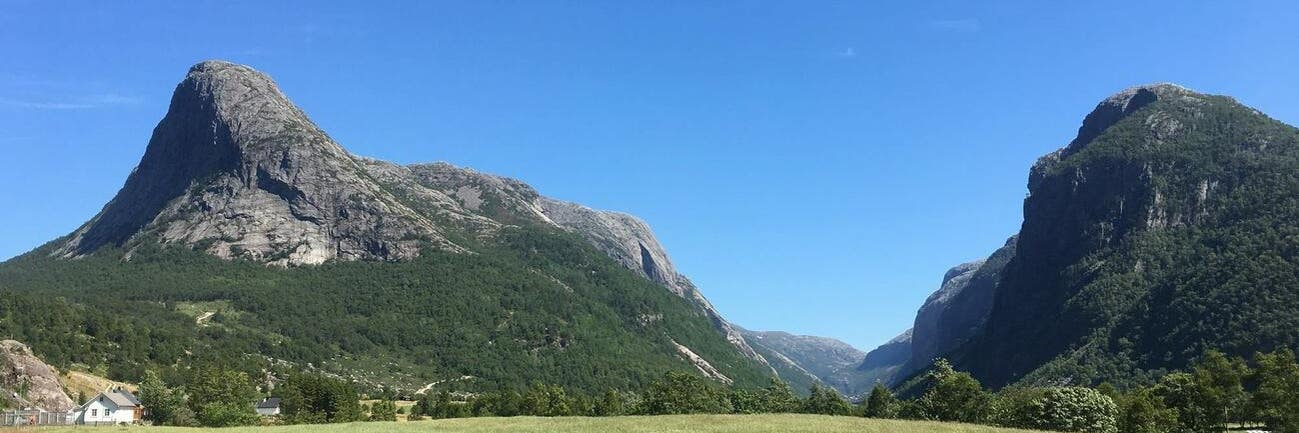


Historian of modern East Asia he/him
Lecturer at University of St Andrews
From Stavanger, Norway
Live in Edinburgh, Scotland
Account searchable
#transnationalhistory #spatialhistory #japanesehistory #taiwanhistory #koreanhistory #chinesehistory #eastasianhistory #gischat #qgis #dh #rstats #python #digitalhumanities #openaccess #scholarlycomms #internetarchive #digitization #archives #digitalarchives #histodons #asianists #UnivStAndrewsHist #UnivStAndrews
This profile is from a federated server and may be incomplete. Browse more on the original instance.